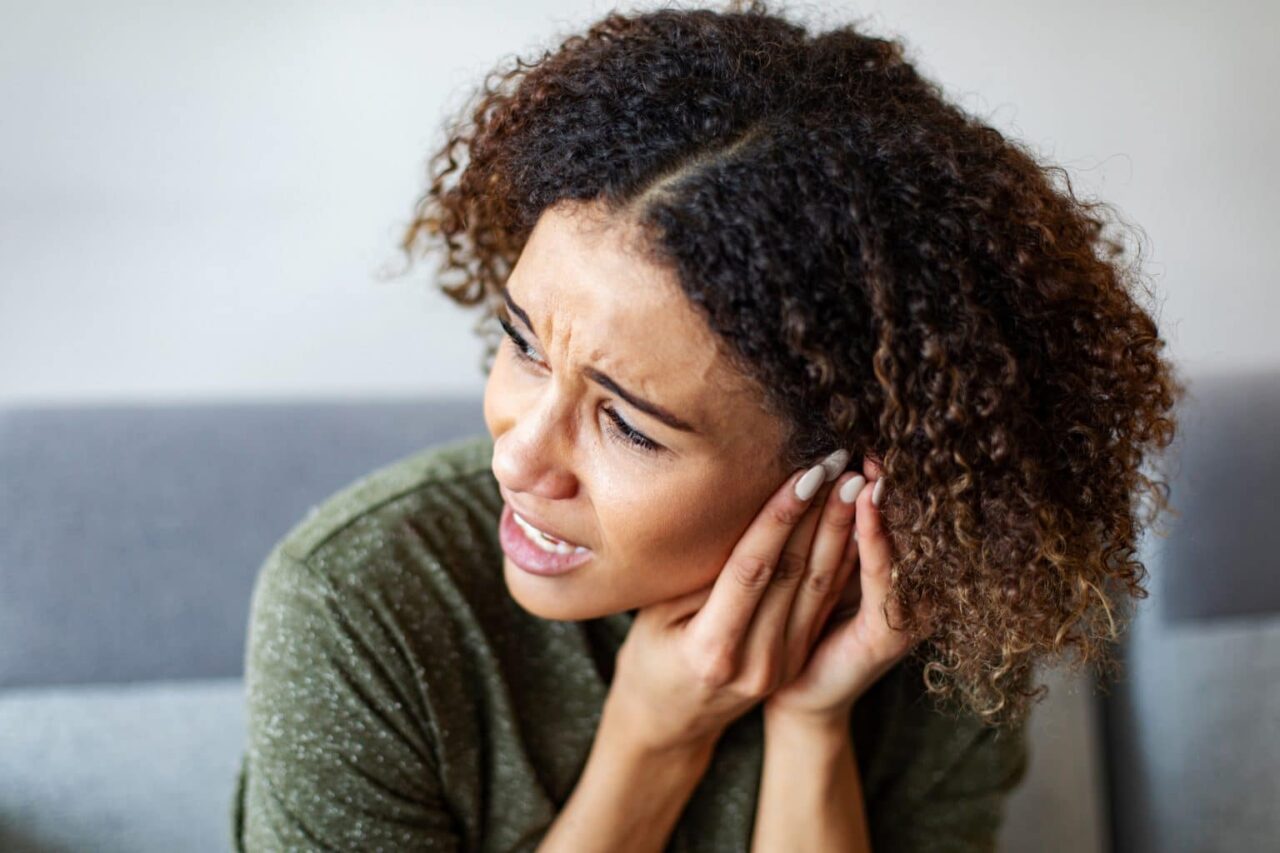If you hear a ringing, roaring, hissing, whistling, buzzing or humming sound in the ear with no external source when out with friends at Jimmy’s Family Restaurant, this is known as tinnitus. While tinnitus can feel like an isolating experience, it’s actually quite common. According to the American Tinnitus Association, 25 million Americans experience some form of tinnitus, 5 million Americans struggle with chronic, burdensome tinnitus and 2 million find it debilitating.
Uncovering the underlying cause of your tinnitus is key to getting appropriate treatment. Below we review four unusual causes of tinnitus.
Earwax Buildup

Earwax, known medically as cerumen, is a substance naturally produced by the ear canal. It comprises oil, sweat, dead skin cells and dirt. Earwax has several important jobs: trapping dirt and bacteria that enters the ear, moisturizing the skin in the ear canal to prevent irritation and acting as a natural insect repellent.
While earwax is an essential part of a healthy ear, sometimes it can build up and become impacted. In some cases, this can lead to tinnitus. A professional at Elevate Audiology can safely remove impacted earwax.
Medications
If a medication negatively affects the auditory system, it is said to be ototoxic. There are more than 200 prescription and over-the-counter medications known to be ototoxic. Common ones are aspirin in high doses, certain antibiotics, antidepressants and chemotherapy drugs.
If you started a new medication and are experiencing bothersome tinnitus, talk to your provider about finding an alternative.
Dental Problems
Tinnitus is sometimes caused by problems outside the auditory system, like dental problems. A common cause of phantom sounds in the ears is temporomandibular joint (TMJ) disorder. This disorder can cause popping and clicking sounds.
If this sounds like you, see your dentist and talk to them about getting a night guard or dental orthotic device.
Head Injury
If you’ve suffered from a head injury from a car accident, sports collision or another traumatic event, it can also lead to tinnitus. Tinnitus following a head injury may be a symptom of a biomechanical problem of the head, neck or jaw, so you should talk to a health care provider.
To prevent tinnitus caused by a head injury, be sure to wear a helmet when riding a bike, playing high-contact sports and working a high-risk job.
For more information or to schedule an appointment, call Elevate Audiology today.
